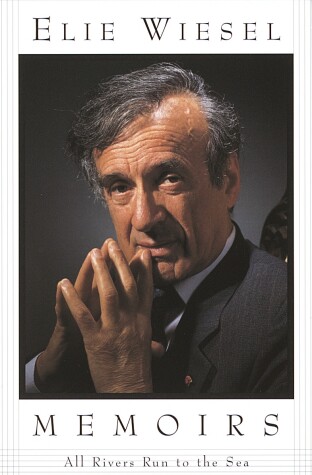Memoirs of Elie Wiesel
2 total works
The second volume of Elie Wiesel's memoirs. `I confidently predict that nothing Weisel has written hitherto will be as widely read, or vividly remembered, as this.' CHAIM BERMANT on the first volume, All Rivers Run to the Sea.
In the first volume of his memoirs, All Rivers Run to The Sea, Elie Wiesel recounted how he was born in Hungarian Roumania in 1928 and how, when he was fifteen, he and his family were taken to Auschwitz, and then onto Buchenwald concentration camp, where his parents and eight-year-old sister were killed. Of the 750,000 Hungarian Jews deported to camps in the years 1944-5, only a few thousand survived to be liberated, including the young Elie Wiesel.
In this second volume, we meet Wiesel the Witness and Humitarian Campaigner: how he highlighted the plight of Soviet Jewry and of the dissidents of the communist system generally; the development of his friendships with the prime ministers and presidents of Israel, the United States and France; his tireless championing of the rights of the oppressed in Bosnia, the Soviet Union and Africa; his receipt of the Nobel Peace Prize
In this first volume of his two-volume autobiography, Wiesel takes us from his childhood memories of a traditional and loving Jewish family in the Romanian village of Sighet through the horrors of Auschwitz and Buchenwald and the years of spiritual struggle, to his emergence as a witness for the Holocaust's martyrs and survivors and for the State of Israel, and as a spokesman for humanity. With 16 pages of black-and-white photographs.
"From the abyss of the death camps Wiesel has come as a messenger to mankind—not with a message of hate and revenge, but with one of brotherhood and atonement."
—From the citation for the 1986 Nobel Peace Prize

